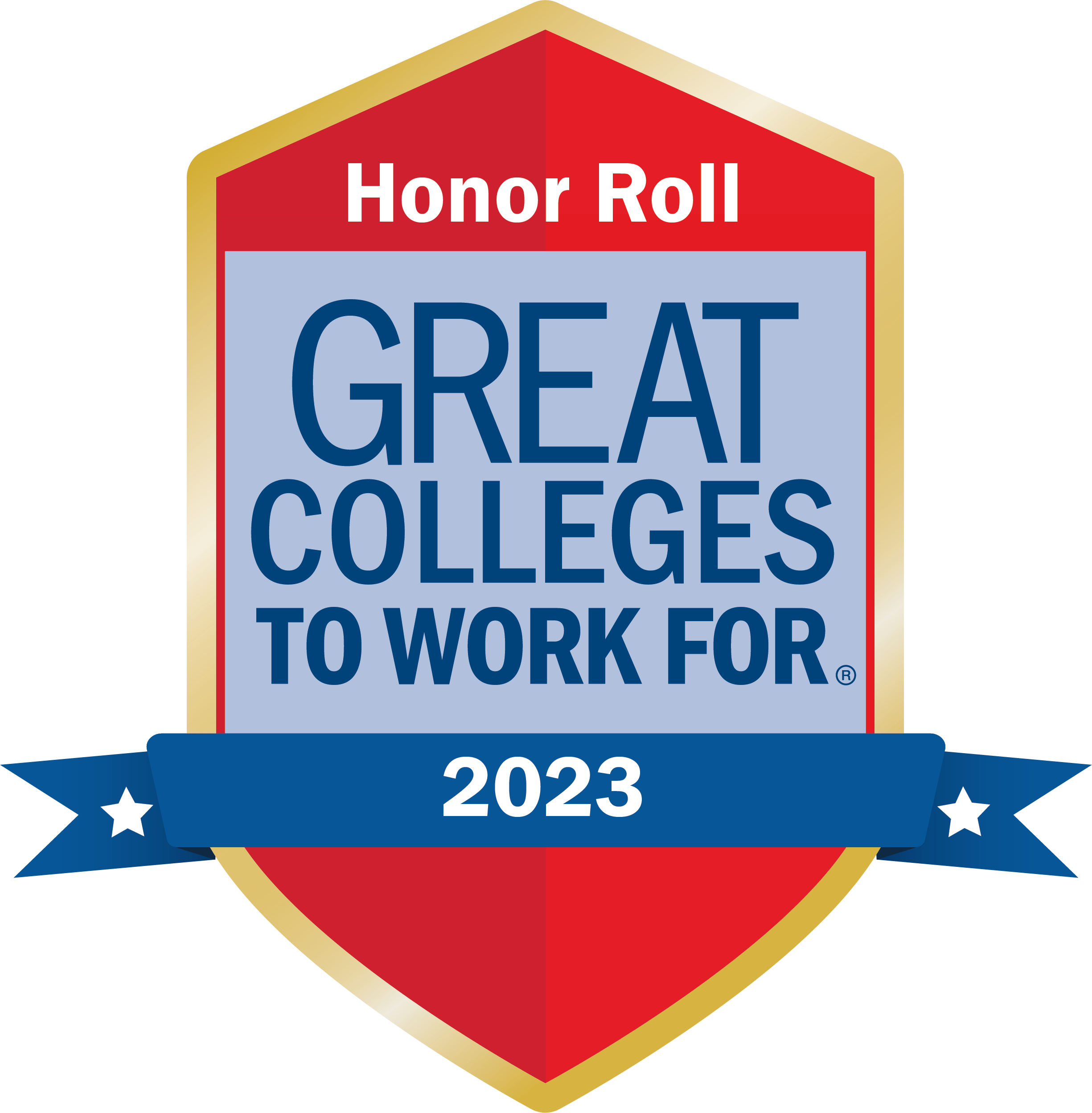The Rigorous Manager
Rigor gets a bad rap in many Christian circles. Often it is because grace is misinterpreted as laxity. While our faith is one that depends, in all ways, upon the grace of our God and we have been called to extend that grace and love to our brothers, sisters, neighbors, and even our enemies, the purpose of that grace is to equip us to bear more consistent witness to the Kingdom of God. Making you a better person was not the only reason that Christ took on flesh, died and was resurrected, but it was definitely one of the reasons. Christ’s Sermon on the Mount and his conversations with the religious leaders throughout the Gospels exemplify this fact: the problem with the Pharisees and scribes was not that they were too rigorous, but rather that they were not rigorous enough. That is, Jesus encouraged his disciples not only to be obedient to the letter of the law, but also to be obedient to its spirit. For example, not only are adultery and murder condemned, but the thoughts and heart orientations that lead to such actions are also condemned. The moral life that the Christian is called to is one of rigor but rigor is not only to be applied to our moral life. It has broader implications.
So then what is a good definition of rigor? It is the virtue of being exact and thorough in your thinking and action. The opposite of being rigorous is being lax and haphazard. I’ve always had a soft spot for rigor and precision in my thinking. As an example, when I was four years old, I was in my car seat as my dad was driving us home. He was about to be sworn in as a judge on the US Tax Court so they gave him the official invitations to his swearing in to take a look at. He handed the invitation back to me. You know, just a thing to do. I piped up from the back: “Daddy, this says nineteen ninety two.” The year was supposed to be 1995. What went through my dad’s mind was, “No, Malcolm, it definitely says 1995. The clerk of the court and countless other people have probably proofread this thing. There’s no way they made a mistake like that.”
When we got home, he looked at the invitation. It definitely said, spelled out as you do on fancy invitations, nineteen ninety two. Four-year-old Malcolm did not like typos. That rigorous mind was then applied to math in elementary school and then theology later in life. It’s why I love the medieval and reformed scholastics: precision is one of my close friends.
As a manager, both personal and managerial rigor are actually gifts both to yourself and to those whom you manage. Exactness in your own life builds discipline, necessary to maintain in a constantly shifting world that often encourages you to compromise your values. When you know what those values and commitments are and are relentless in holding to them, decisions become easier to make and standing in the midst of difficulty becomes second-nature. If you communicate clear expectations with those whom you manage and you hold them to those expectations, it is not only good for you but it is good for them. This has been one of the most important things that I have learned as an employee: in the absence of clarity and exactness, confusion runs rampant. And injustice loves to be met with confusion. It allows injustice to run roughshod over our precious neighbors. Laxity and haphazardness open that door.
In faithfulness to our Lord and in love of our neighbor, we are called to communicate precisely, to act precisely, and to think precisely. By this, I absolutely do not mean we build communities of harshness: rigor can be gracefully applied. But rigor is essential to building a just and equitable institution, but it is essential to living lives of joy, peace and consistency! May we be a workplace of rigor!
Sic ‘em, Bears!
Rev. Malcolm B. Foley, PhD
Special Advisor to the President for Equity and Campus Engagement
